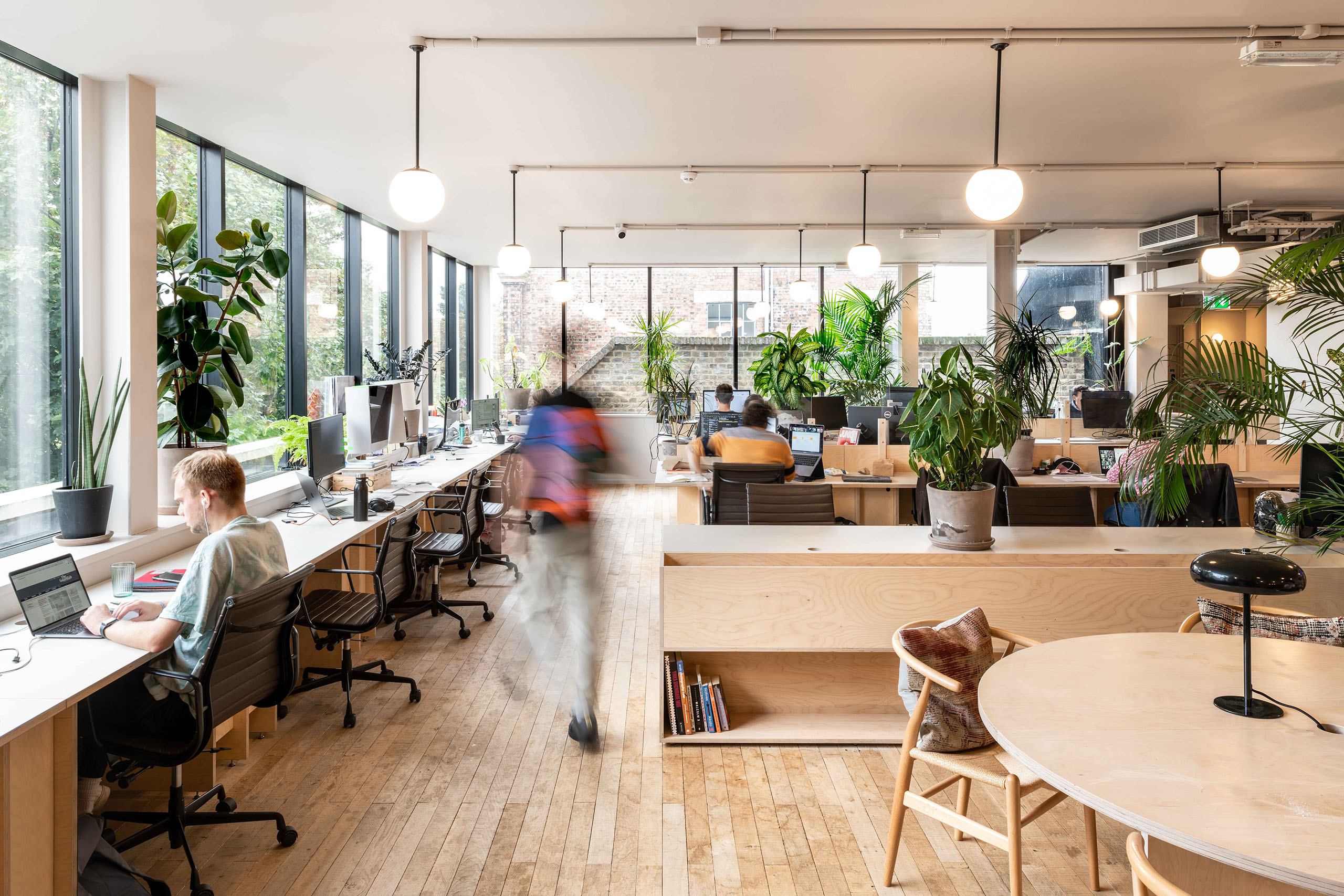In this article, we’ll discuss how severance agreements align with the rise of coworking spaces with the growing trend of flexible working.

In the ever-evolving landscape of modern work, the traditional nine-to-five office setup is giving way to more flexible arrangements, with coworking spaces emerging as hubs of productivity and collaboration.
As this shift towards remote and flexible work gains momentum, employers and employees alike are revaluating their approaches to employment agreements and severance packages.
In this article, we explore how severance agreements are adapting to accommodate the dynamic nature of coworking spaces, providing insights into the evolving relationship between employers and their increasingly mobile workforce.
Understanding how severance agreements, underpinned by legal frameworks such as those found in severance agreement in Ireland, Wales and England are aligning with the flexible and often transient nature of coworking spaces is crucial for employees and employers alike.
The Evolution of the Workplace
The Rise of Coworking Spaces
The concept of coworking spaces has gained significant momentum over the last decade, driven by a surge in freelancing, remote work, and the entrepreneurial spirit fuelling start-ups. These spaces offer flexibility, networking opportunities, and a sense of community that traditional office environments often lack.
Research conducted by Harvard Business Review highlights that coworking spaces have a positive impact on employee well-being, further underscoring their growing appeal.

This shift towards more dynamic and shared working environments has necessitated a revaluation of traditional employment agreements to accommodate the new norms of work, including how severance packages are structured and negotiated.
Adapting Severance Agreements for Flexibility
Severance agreements, traditionally designed to provide financial security to employees upon termination, are evolving. In the context of the gig economy and the fluidity of coworking spaces, these agreements are increasingly focusing on flexibility and mutual benefit. The goal is not just to offer financial compensation but also to support the transitioning of employees into new roles, potentially within the same flexible workspace ecosystem.
For employees, understanding the specifics of a severance agreement, including rights, obligations, and entitlements, is more important than ever. The landscape of work is changing, and with it, the nature of agreements that govern employment relationships. For instance, the guidance issued by the National Labor Relations Board reflects these evolving standards, aiming to protect workers’ rights while acknowledging the modern work environment’s complexities.
From an employer’s perspective, crafting severance agreements that reflect the ethos of flexibility and adaptability associated with coworking spaces can be a significant draw for talent. Such agreements signal to potential and current employees that the company is forward-thinking, values its workforce, and is prepared to support them through transitions, whether within or outside the company.

The alignment between severance agreements and the rise of coworking spaces is not just about adapting to new work models; it’s about embracing a future where flexibility, independence, and mutual support define the employer-employee relationship. This alignment offers an opportunity to rethink how we approach work, compensation, and career development in a rapidly changing world.
Embracing New Severance Norms
Enhancing Employee Transition
As the dynamics of workspaces continue to evolve, so too does the approach to severance agreements. The traditional view of these agreements as mere financial settlements is giving way to a more holistic approach that encompasses career transition support, retraining opportunities, and even access to coworking spaces as part of the severance package.
This shift reflects a deeper understanding of the modern workforce’s needs and the recognition that career transitions are now a more frequent part of professional life.
Such enhanced severance packages can include provisions for continued professional development, mentorship, and access to networks that can facilitate the next steps in an individual’s career. This not only benefits the employee but also enhances the employer’s reputation as a supportive and progressive workplace.
Fostering a Culture of Flexibility and Innovation
The convergence of severance agreements and coworking spaces is fostering a new culture in the work environment—one that values flexibility, innovation, and mutual support. This culture is particularly appealing to the growing number of freelancers, entrepreneurs, and remote workers who thrive in dynamic and adaptable work settings.
For employers, this means creating a work environment that not only attracts but also retains talent by offering more than just financial incentives. It means building a community that employees feel connected to, even as they transition out of the company.
By integrating access to coworking spaces into severance packages, companies can offer outgoing employees a soft landing, facilitating smoother transitions and maintaining strong alumni networks.
How severance agreements align with the rise of coworking spaces…
The alignment of severance agreements with the rise of coworking spaces represents a significant shift in the employer-employee relationship. It reflects a broader move towards a more flexible, supportive, and adaptive approach to work. As we look to the future, the integration of these elements will likely become a benchmark for progressive companies seeking to attract and retain top talent in an increasingly fluid job market.
Both employers and employees stand to benefit from this shift. For the former, it offers a way to demonstrate commitment to employee welfare beyond the traditional office environment; for the latter, it provides a safety net that extends beyond financial compensation, supporting their professional growth and transition in the ever-changing landscape of work.
In conclusion, as the nature of work continues to evolve, so too must the structures that support it. Severance agreements that include flexible working arrangements and access to coworking spaces are not just a response to the changing work environment—they are a forward-thinking approach to workforce management. By embracing these changes, companies can cultivate a culture of innovation, flexibility, and resilience that will serve them well in the future.
The intertwining of severance agreements with the dynamic environment of coworking spaces heralds a new era in the world of work—an era that promises greater flexibility, support, and opportunities for employees, and a competitive edge for employers willing to embrace this change.
Photo credtis: Coworking London
